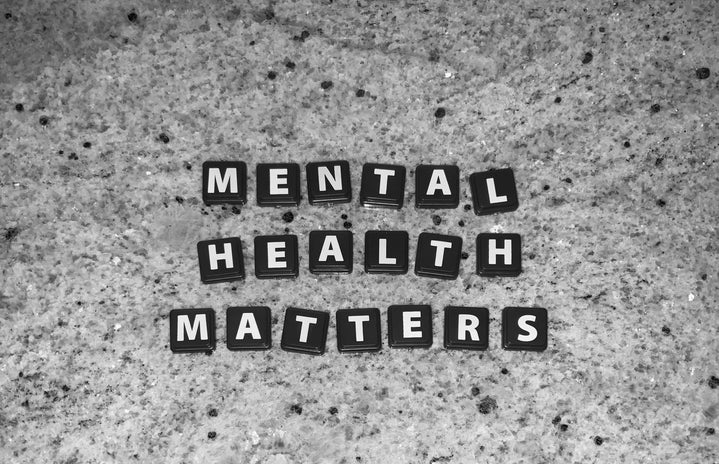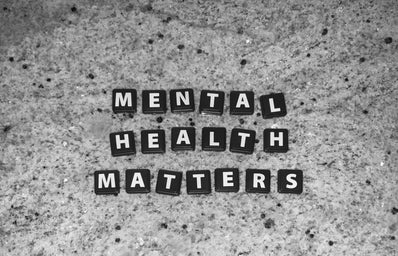We live in an era now where the stigma of mental disorders and topics around mental health are being confronted. That’s incredible, but we still have a long way to go. That being said, I wanted to discuss something I’ve dealt with nearly my entire life and which I know many others do as well—the notion that you need to be “fixed” or “cured” of your mental health struggles.
This is an inaccurate and harmful view of mental illness. There is nothing “wrong” with a person who struggles with depression, anxiety, ADHD, OCD, BPD, PTSD, and more. Rather, their brain chemistry undergoes imbalances of certain chemicals that can create issues in their day-to-day lives. It can’t be cured. It can be staved off or made manageable with prescription medication, but there are some people who experience dangerous side effects or even a lack of change from medications. I know what you’ll say next: “Well, then why not just switch medications and try something different?”
The thing is, many do. Over and over and over again, until they end up on ten different pills, and the last time they operated without any was over a decade ago.
Of course, this is not the case for everyone. This article isn’t meant to bash prescription medication because it genuinely works for some, but we have to stop thinking that everyone’s brain can benefit from the same methods. Moreover, a person’s resistance to taking medications does not mean that they are not taking care of themselves.
There are many alternative ways to take care of our mental health. We should instead be encouraging people to find what works for their individual situations. Personally, I used to be so medicated that I no longer felt my emotions. I was a zombie and I realized I was trading immediate emotional balance for a lack of connection to the people and the world around me. My medications were changed throughout the course of over twelve years of my life. I bounced from psychiatrist to psychiatrist, doctor to doctor, therapist to therapist. Nobody could figure out how to make me “normal.”
And while it might be easy to respond with statements like “My friend took so and so and it worked for them,” or “Maybe you should see a psychiatrist,” it could be that they have already tried these avenues and are turning to you for empathy, kindness, and support rather than answers or solutions. Sometimes, people simply want to be heard. That’s not to say it’s your responsibility to be their personal therapist or emotional punching bag, but oftentimes it’s enough to be present and offer support like “Wow, that sounds really difficult. I’m sorry you’re going through that.” Society can be robotic– machine-like. But humans aren’t machines. Connecting with people can be as simple as listening and practicing empathy and compassion.
For reference, some alternatives to prescription medication include:
- Meditation
- Journaling
- Exercise
- Listening to music
- Therapy
- Art
- Music
- Muscle relaxation
- Going outside
- Plants
- Emotional support animals
- Volunteering
- Reading
- Support groups
- Cleaning / Organizing
- Stargazing / watching sunrises and sunsets
- Stress balls and other fidget tools
- Breathing
- Yoga
- Positive affirmations
There are so many ways people incorporate healing and therapeutic elements into their lives. So, if someone isn’t on prescription medication for their mental illness, don’t assume they have given up on their journey to peace, happiness, and stability. You never know what someone is truly going through based on a single label such as “depression” or “anxiety” or “trauma” alone. And to believe that these things need to be erased for someone to lead a healthy life is utterly ignorant. There are countless people who lead a fulfilling life with mental disorders. Viewing mental illness as something that cannot be overcome, or as deformities, promotes an ableist perspective.
Every person is unique and processes their emotions and experiences differently. As such, let’s try to keep an open mind about holistic healing and non-prescription-based treatments as we move forward in destigmatizing mental health.


